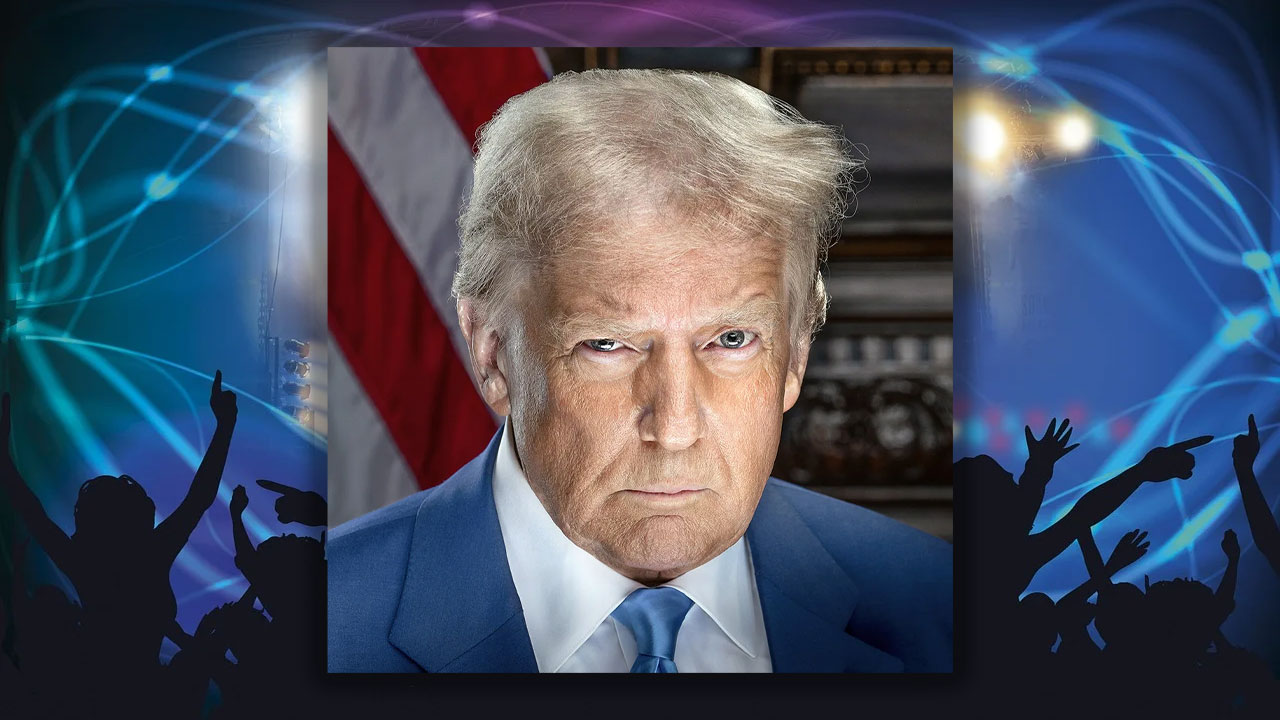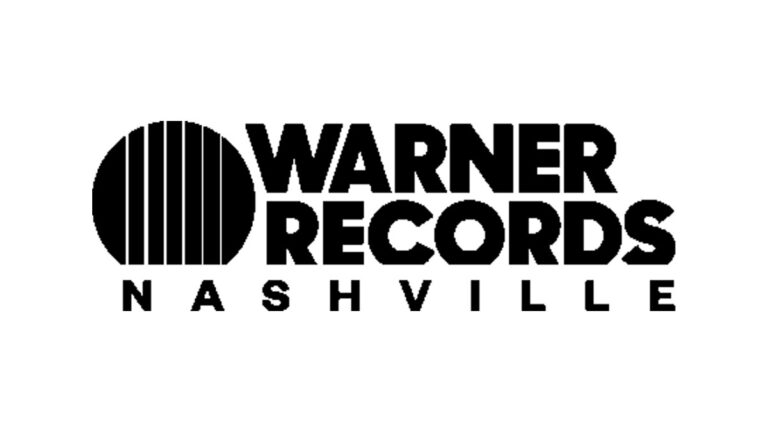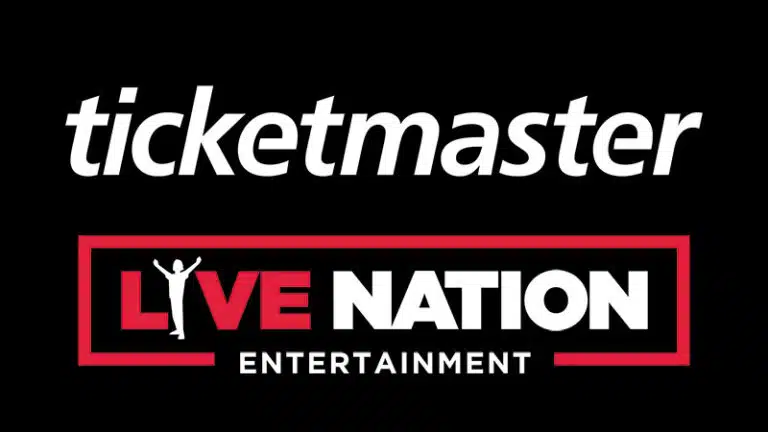Kid Rock was on hand in the Oval Office to speak about the high cost of live entertainment tickets
Today (Mon, Mar 31st), President Donald J. Trump signed an Executive Order to protect fans from exploitative ticket scalping and bring commonsense reforms to America’s live entertainment ticketing industry. America’s live concert and entertainment industry has a total nationwide economic impact of $132.6 billion and supports nearly one million jobs. But it has become blighted by unscrupulous middlemen who impose egregious fees on fans with no benefit to artists. Trump was joined by Conservative musician Kid Rock in the Oval Office.
“[Rock]’s been after something that is for the good of a lot of people, including in particular to the public and having to do with ticket sales and scalping and all of the gouging you have been reading about that has gotten worse and worse with time,” Trump says of Rock who’s been personally advocating for restrictive ticket pricing for years. “I didn’t know too much about it, but I checked it out and it is a big problem and I thought, ‘I think you would try to get this done for 20 years or something.’ He said, ‘Trump got it done in two weeks.’ But then we came up with a very serious [Executive Order] and I’m gonna sign it now.”
Ticket scalpers use bots and other unfair means to acquire large quantities of face-value tickets, then re-sell them at an enormous markup on the secondary market, price-gouging consumers and depriving fans of the opportunity to see their favorite artists without incurring extraordinary expenses. By some reports, fans have paid as much as 70 times the face value of a ticket price to obtain a ticket. When this occurs, the artists do not receive any additional profit—it goes solely to the scalper and the ticketing agency.
“Anyone who’s bought a concert ticket in the last decade, maybe 20 years, no matter what your politics are, knows it is a come down to them,” Rock says. “You buy a ticket for 100 bucks, by the time you check out it’s 170. You don’t know what you’re getting charged for, but more importantly, these bots. You know, they come in to get all the good tickets to your favorite shows you want to go to, and then they’re re-listed immediately for sometimes a four or five hundred percent markup. And the artists don’t see any of that money, and you know, ultimately I think this is a great first step.”
While the BOTS Act—meant to stop scalpers from using bots to purchase tickets—has been on the books for over eight years, the FTC has only once taken action to enforce this law.
“I would love down the road if there would be some legislation that we could actually put a cap on the resale of tickets,” Rock adds. “And I’m a capitalist and a deregulation guy, but they’ve tried this in some places in Europe, and it seems to be the only thing that’s… us as artists be able to get the tickets into the hands of the fans, it’s the prices we set. I’ll be the first one to say, and I know the president doesn’t like when I say this, but I’m a little overpaid right now. It’s kind of ridiculous. I would rather be, you know, a hero to working class people and have them be able to come attend my shows and give them a fair ticket price. I can’t control that right now, so hopefully this is a step to really be able to make that happen.”
The Order directs the Federal Trade Commission (FTC) to work with the Attorney General to ensure that competition laws are appropriately enforced in the concert and entertainment industry; Rigorously enforce the Better Online Ticket Sales (BOTS) Act and promote its enforcement by state consumer protection authorities; Ensure price transparency at all stages of the ticket-purchase process, including the secondary ticketing market; Evaluate and, if appropriate, take enforcement action to prevent unfair, deceptive, and anti-competitive conduct in the secondary ticketing market.
The Order also directs the Secretary of the Treasury and Attorney General to ensure that ticket scalpers are operating in full compliance with the Internal Revenue Code and other applicable law.
Treasury, the Department of Justice, and the FTC will also deliver a report within 180 days summarizing actions taken to address the issue of unfair practices in the live concert and entertainment industry and recommend additional regulations or legislation needed to protect consumers in this industry.
This Executive Order tackles an issue President Trump highlighted on the campaign trail, where he vowed to work on combating high ticket prices and described the current climate, where fans are priced out, as “very unfortunate.”
Live Nation, the world’s largest concert promoter that owns Ticketmaster, says it supports Trump’s decision to combat scalping.
“Scalpers and bots prevent fans from getting tickets at the prices artists set, and we thank President Trump for taking them head-on. We support any meaningful resale reforms — including more enforcement of the BOTS act, caps on resale prices, and more,” the company says in a statement.
Last year, Live Nation-Ticketmaster found themselves on the receiving end of an antitrust suit that the US Justice Department and 39 states allege of running a monopoly on the live entertainment industry.
🚨Kid Rock is in the Oval Office with President Trump to sign Executive Orders.
pic.twitter.com/GdwpVM5V5l— ABI 🇺🇸. (@_iiatk) March 31, 2025





